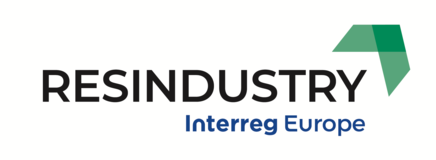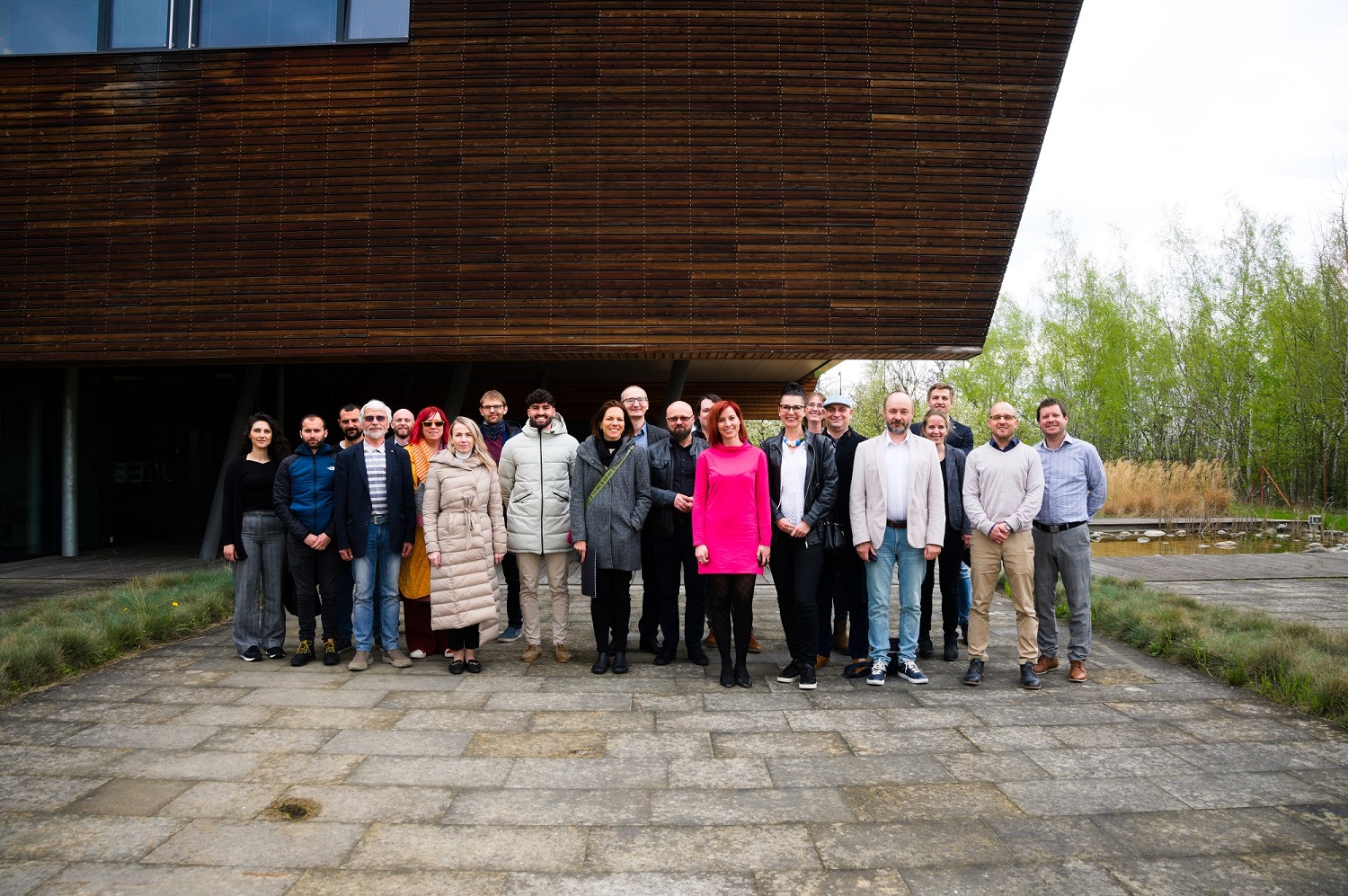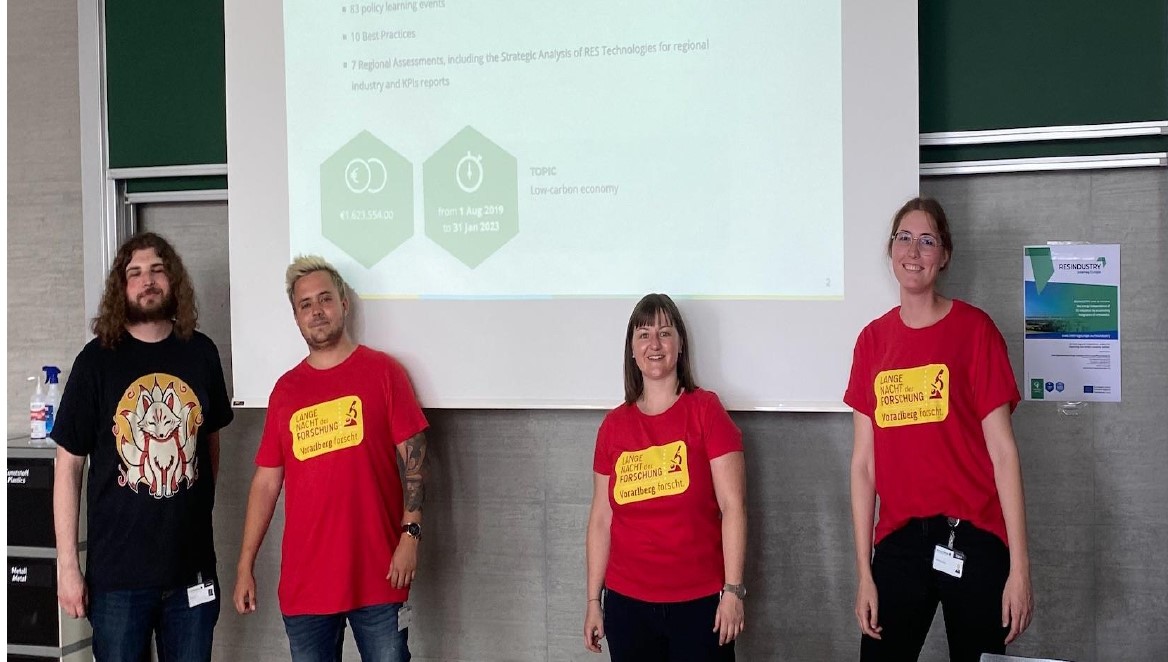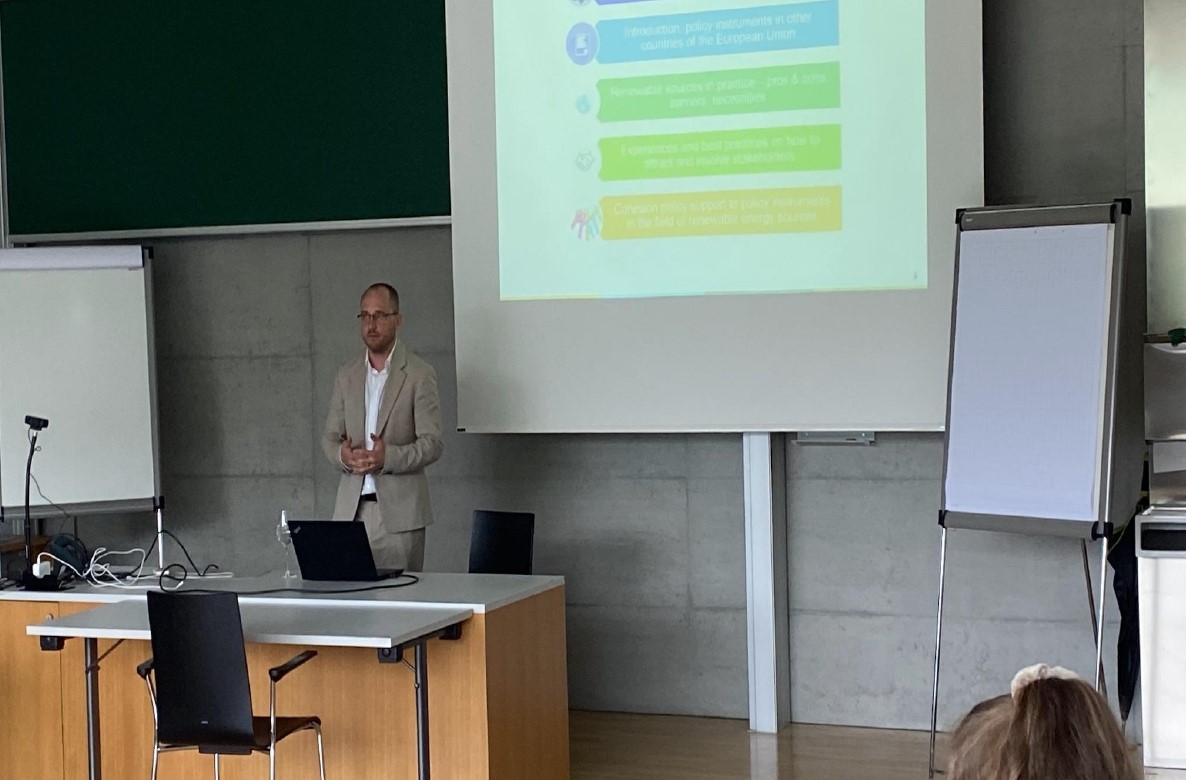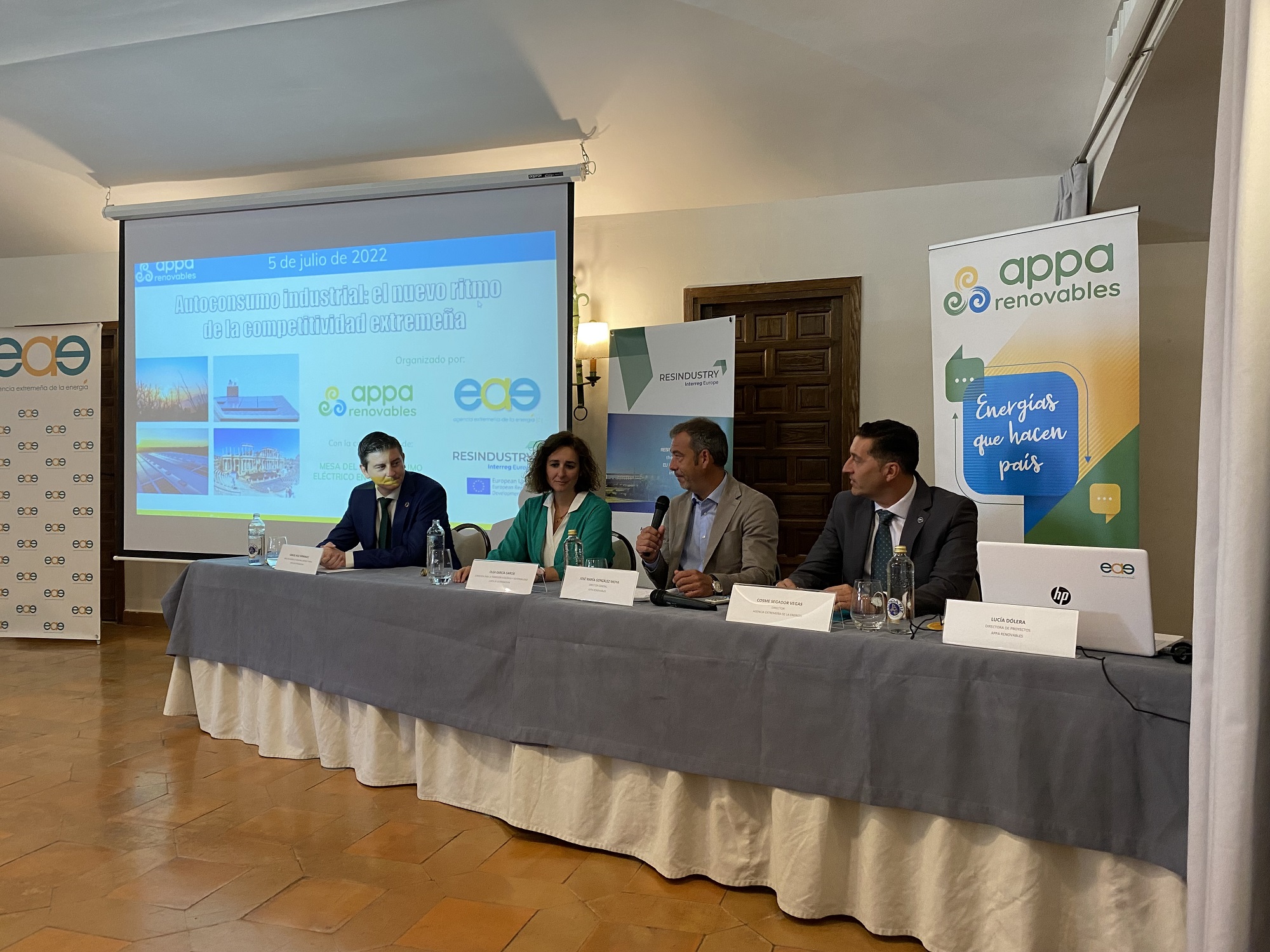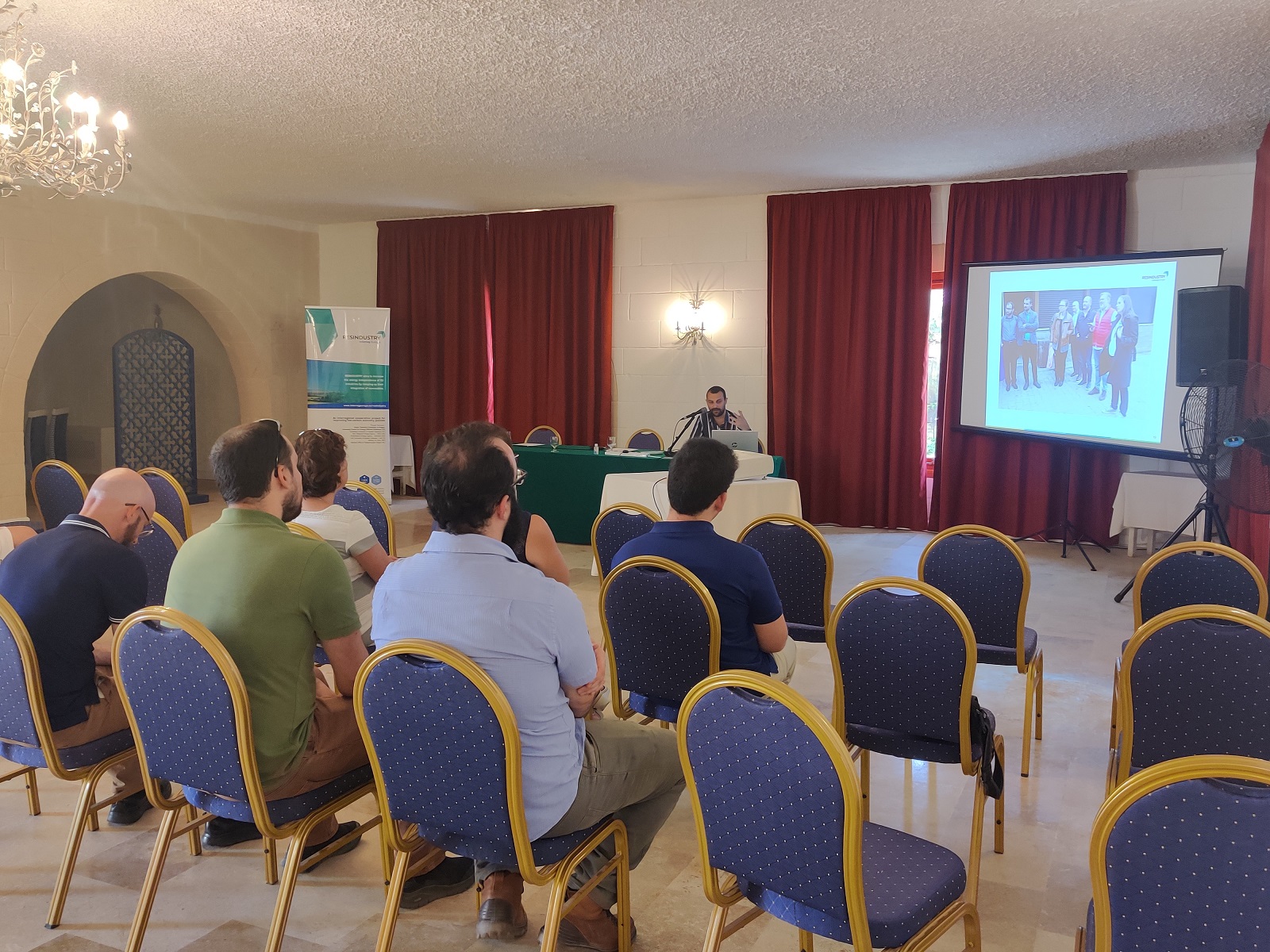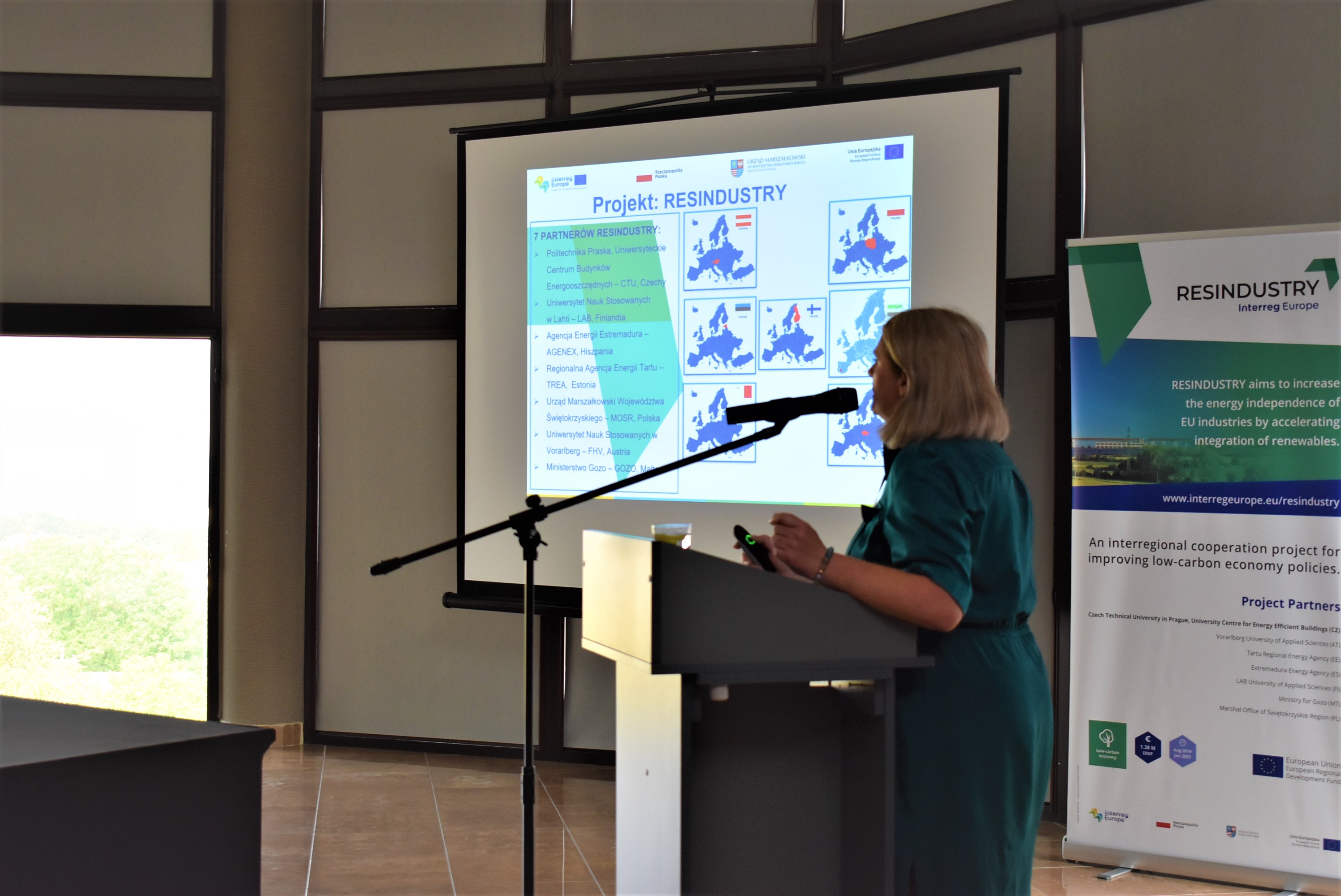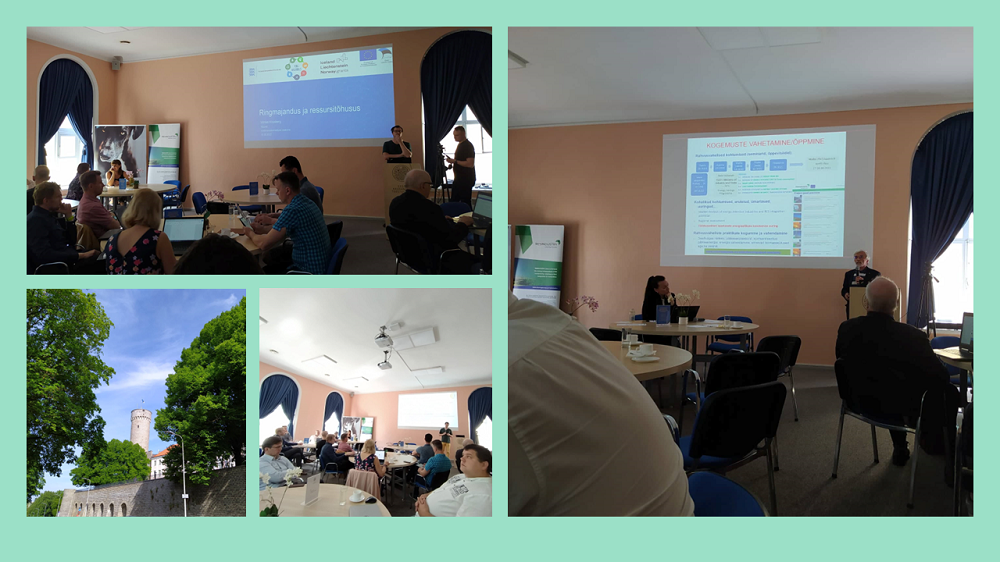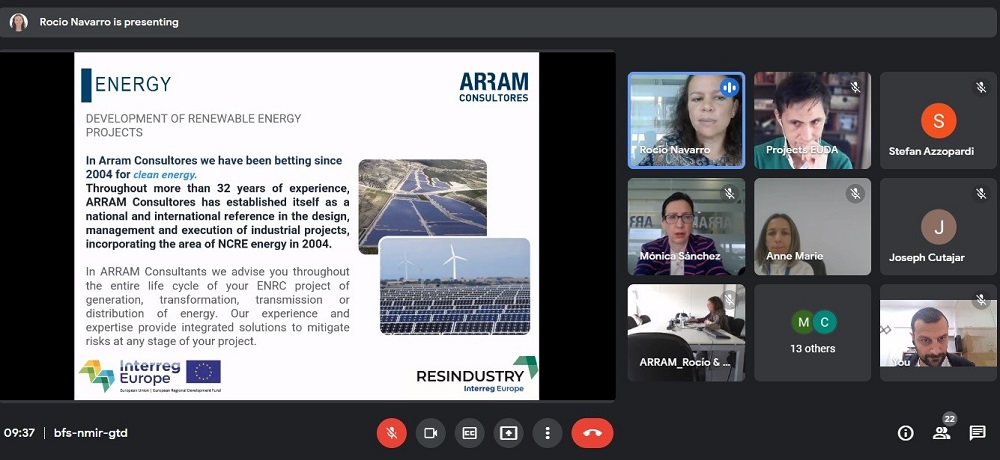The webinar "Increasing the Competitiveness of Industrial Enterprises through Improving Resource Efficiency and Increased Use of Renewable Energy " on 15 June discussed the previous period's action and presented plans for the new period. Feedback on the previous period's measure was provided by experienced energy auditors and trade union representatives, all of whom made recommendations and suggestions for improving the measure. The use of renewable energy sources in the framework of the resource efficiency measure was also presented, which was the production of biogas from the effluent of the beverage producer A. Le Coq and the use of waste heat, installation of solar panels by the fishing industry company AS JAPS and replacement of existing lifts with electric lifts.
It was pointed out that the continuity and conditions of the measure could be consistent and the conditions less variable, as companies make longer plans and in this case it would be possible to better plan their activities. Resource audits were highly praised and highlighted as very good tools, where an external expert brings additional information and new ideas to improve the company's environment and resource productivity. They are particularly useful for small and medium-sized enterprises, where in-house knowledge is generally lower and investment resources are smaller. Suggestions were also made, for example, when evaluating project applications, additional points could be obtained for the implementation of renewable energy sources or for increasing the share of renewable energy. The proposal to promote renewable energy was also that each energy and resource auditor could assess the potential for renewable energy and waste heat for each audit. The latter is not required today, but providing this overview could also lead companies to invest their money in cost-effective renewable energy projects, which would reduce companies' carbon emissions and help meet national climate targets.
The representative of the Ministry of the Environment pointed out that so far 53 resource efficiency specialists have been trained under the measure and 132 resource audits in the total amount of 0.69 million euros have been supported. The support decision for investment support has been made for 173 projects with the total support amount of 67.8 million euros - the investment volume of the projects together with the companies' own contribution is 198 million euros. So far, 74 projects have been completed. Discussions with the European Commission on the new financial period of the European Union are still ongoing today and it is not possible to talk about more precise amounts of support, but the resource efficiency measure will continue in 2022 in a slightly modified form.
The webinar was supported by the RESINDUSTRY project funded by the Interreg Europe program.
Source: TREA website
Image credits: TREA
